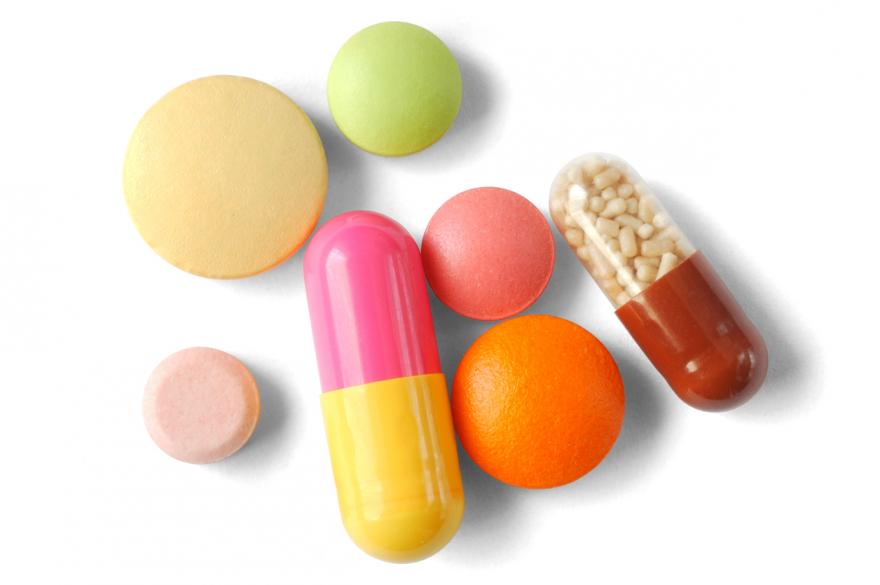New Psychoactive Substances (NPS) contain substances that produce similar effects to drugs like cocaine, cannabis, and ecstasy. They are commonly referred to as ‘legal highs’, which gives a false impression about how dangerous they can be. Since the introduction of the Psychoactive Substances Act, these so-called ‘legal highs’ are now illegal to produce, supply, import and export.
How are they sold?
They are sold in a variety of forms; powders, pills, liquids, capsules, amongst many more. The powders can range from white to brown to yellow in colour, and from flour-like to crystal consistency. The pills and capsules are available in a range of colours, sizes, and shapes. Substances that are designed to be smoked are usually sold in colourful packing, and the contents look like dried herbs or plant cuttings.
They are often sold under different names, for example, bath salts, plant food, herbal incense, and research chemicals. There are also popular brands such as Spice, Pink Panthers, and Charly Sheen.
These substances can be bought for as little as £3 from ‘headshops’ and online outlets.
What are the effects?
The main effects of psychoactive substances can be described in three categories:
- Stimulants
- Downers or sedatives
- Hallucinogens or psychedelics
- Synthetic cannabinoids
Stimulant substances, such as mephedrone, piperazines, and naphyrone, produce similar effects to cocaine, ecstasy, and amphetamines. They can make you feel energised, excited, euphoric, anxious, frightened, and confused.
Downers or sedatives, such as GBH and methoxetamine, produce similar effects to Valium or diazepam. They can make feel relaxed, sleepy, or euphoric.
Hallucinogenic or psychedelic substances, such as salvia, produce similar effects to LSD, magic mushrooms, and ketamine. These substances can create altered perceptions, cause hallucinations, and induce feelings of euphoria, warmth, and being detached from the world around.
Synthetic cannabinoids, such as Spice, K2, and Black Mamba, produce similar effects to cannabis. They can make users feel happy, relaxed, hungry, talkative, paranoid, and ill.
What are the risks?
These substances are produced without regulation and controls, making it difficult to determine the effects and accurately identify the ingredients.
Risks of stimulant substances:
- Difficultly sleeping or relaxing
- Reduced appetite, which can lead to malnourishment
- The comedown can last a few days, and make the user feel lethargic and down
- They can put a strain on your heart
- Difficulty breathing
- Weakened immune system
- Feelings of anxiety, depression, paranoia
- Short-term mental illnesses and psychotic episodes
- Damage to the veins when injected
Risks of downers or sedative substances:
- Hallucinations
- Dissociative effects, feeling like your mind and body are separated
- Increased blood pressure, which can lead to risk of heart attack or stroke
- Loss of balance and poor coordination
- Slurred speech
- Damage to the veins when injected
Risks of hallucinogenic or psychedelic substances:
- Psychotic episodes
- Lung irritation
- Headaches
- Flashbacks
- Distorted perception of your body and the world around you
- Can worsen mental health issues
Risks of synthetic cannabinoids:
- Light-headedness, dizziness, confusion
- Agitated and aggressive behaviour
- Hallucinations
- Anxiety and paranoia
- Mood swings
- Suicidal thoughts
- Memory problems
- Increased heart rate and blood pressure
- Tremors, seizures and fits
- Psychotic episodes
DNA Legal and NPS Testing
DNA Legal can accurately test over 460 legal highs and determine whether an individual has taken one of these substances. Offering the best testing, training, and support, DNA Legal can provide legal highs drug testing for cases involving personal disputes, family law, social services, and the local authorities. Please find out more information about our NPS testing service and request a quote.

